Whey protein has long been a go-to supplement for muscle building and recovery, but is it for everyone? While its popularity can’t be denied, there are several reasons you might want to reconsider using whey protein and look into alternatives. This article will explore why it may not be the best choice for everyone in the UK and when you should consider switching to plant-based protein powders or other options that better suit your health goals and dietary preferences.

Understanding Whey Protein
Whey protein is derived from milk during the cheese-making process. It’s packed with all nine essential amino acids, making it a complete protein. This high protein content is popular with those looking to build muscle or maintain an active lifestyle. However, despite these benefits, whey protein may not be the right choice for everyone.
- Digestive Issues and Lactose Intolerance
Many people in the UK struggle with lactose intolerance, and since whey comes from milk, it contains lactose. If you experience bloating, gas, or stomach cramps after consuming whey protein, it could be due to lactose intolerance or sensitivity. Plant-based proteins, like pea protein or hemp protein, are easier on the digestive system and are excellent alternatives.
2. Allergies to Milk Proteins
In addition to lactose intolerance, some individuals are allergic to milk proteins, including whey. These allergies can range from mild reactions like hives to severe reactions like anaphylaxis. If this applies to you, avoid whey protein entirely and consider hypoallergenic options like rice or pea protein, which provide a complete amino acid profile when combined.
3. Ethical or Dietary Choices
If you’re following a vegan diet or concerned about the ethical practices of the dairy industry, whey protein doesn’t align with your values. Luckily, the UK has a growing market for plant-based proteins, including those derived from peas, soy, hemp, and brown rice. These are excellent choices for anyone avoiding animal products.
4. Environmental Concerns
The environmental impact of the dairy industry is significant. Dairy farming contributes to greenhouse gas emissions, deforestation, and water pollution. Switching to plant-based proteins can reduce your carbon footprint since these alternatives require fewer resources to produce. In the UK, choosing more sustainable options has become increasingly important for many consumers.
5. Potential Contaminants and Additives
Low-quality whey protein may contain contaminants like heavy metals or pesticides, along with artificial sweeteners and fillers. To avoid these, choose organic or minimally processed protein powders. Many plant-based protein powders on the UK market offer clean, additive-free options.
6. Hormonal Imbalance
Some studies suggest that whey protein can influence hormone levels by increasing insulin-like growth factor 1 (IGF-1), which has been linked to certain health concerns. If you’re worried about hormonal imbalances, especially if you have a history of hormone-sensitive conditions, consider plant-based alternatives that have a milder effect on hormone regulation.
7. Taste and Texture Preferences
Many people find whey protein’s taste and texture unappealing. Some report it’s too sweet or chalky. In contrast, plant-based proteins offer a wider range of flavors and textures, from smooth and creamy to nutty and earthy. With so many options available, you’re more likely to find something you enjoy.
When Whey Protein Might Still Be a Good Choice
For those who aren’t lactose intolerant, allergic to dairy, or following a vegan diet, whey protein remains an excellent option, especially for athletes. Its rapid absorption makes it ideal for post-workout recovery, and its high bioavailability ensures that your body gets the amino acids it needs to rebuild muscle. If whole foods aren’t providing enough protein, whey is a quick and easy way to boost your intake.
Conclusion: Making the Right Choice for You
While whey protein has many benefits, it’s not the best choice for everyone in the UK. If you have digestive issues, ethical concerns, or simply don’t enjoy the taste, there are plenty of plant-based alternatives that can meet your protein needs without the downsides. The most important thing is to choose a protein supplement that fits your lifestyle, health goals, and dietary requirements—whether that’s whey or one of the many plant-based options available in the UK market.

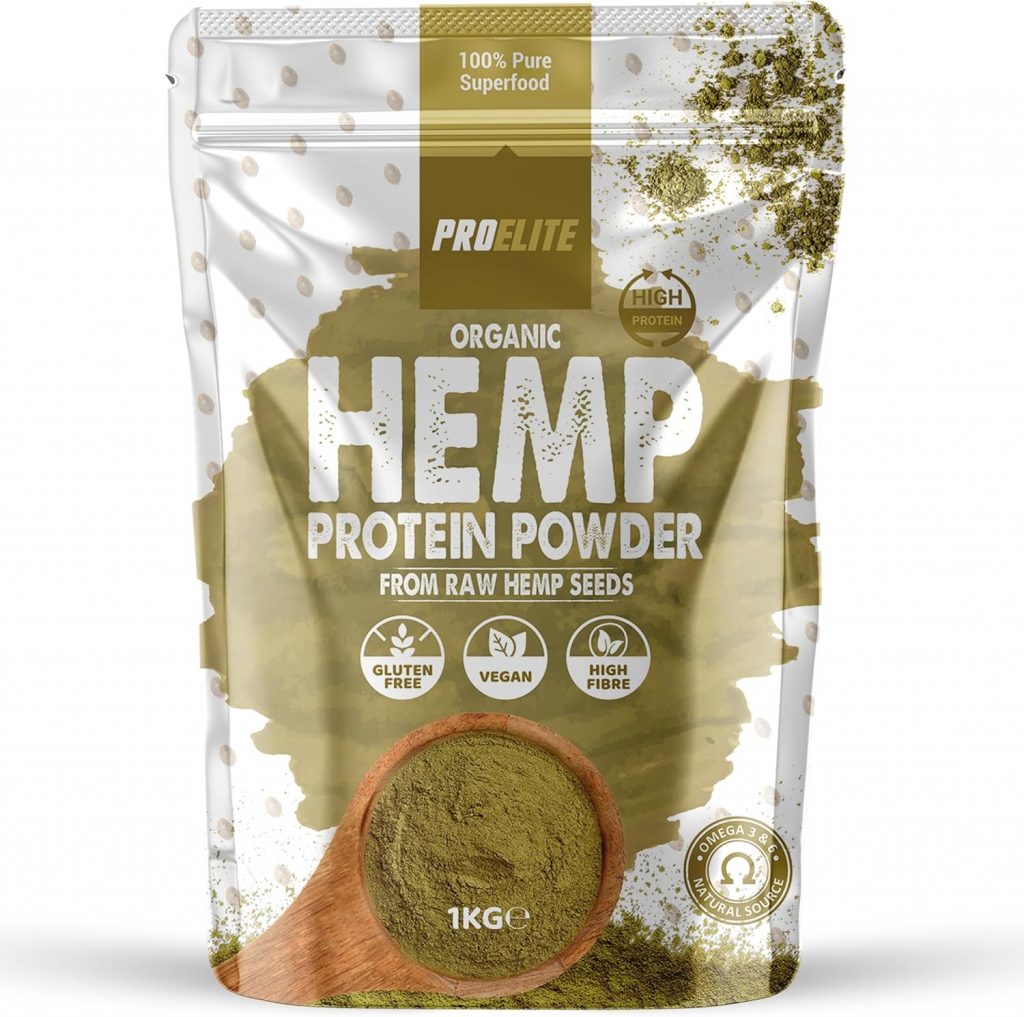
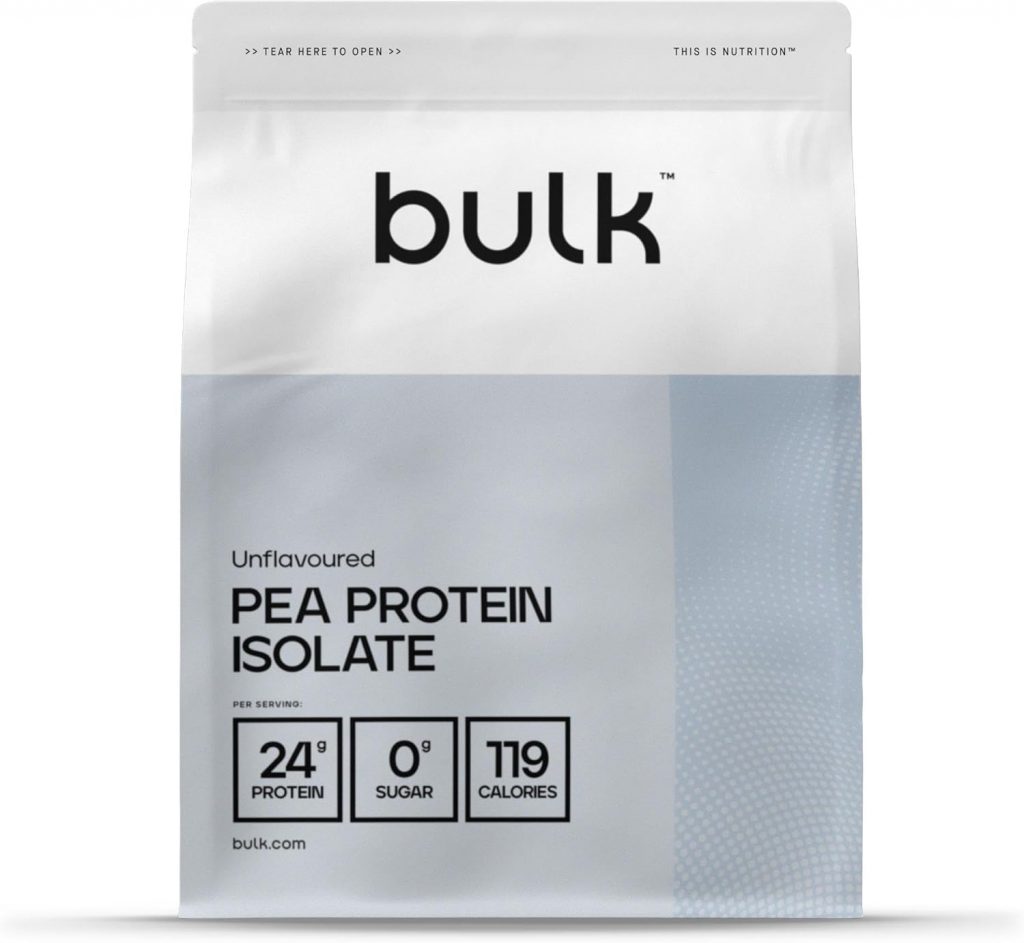
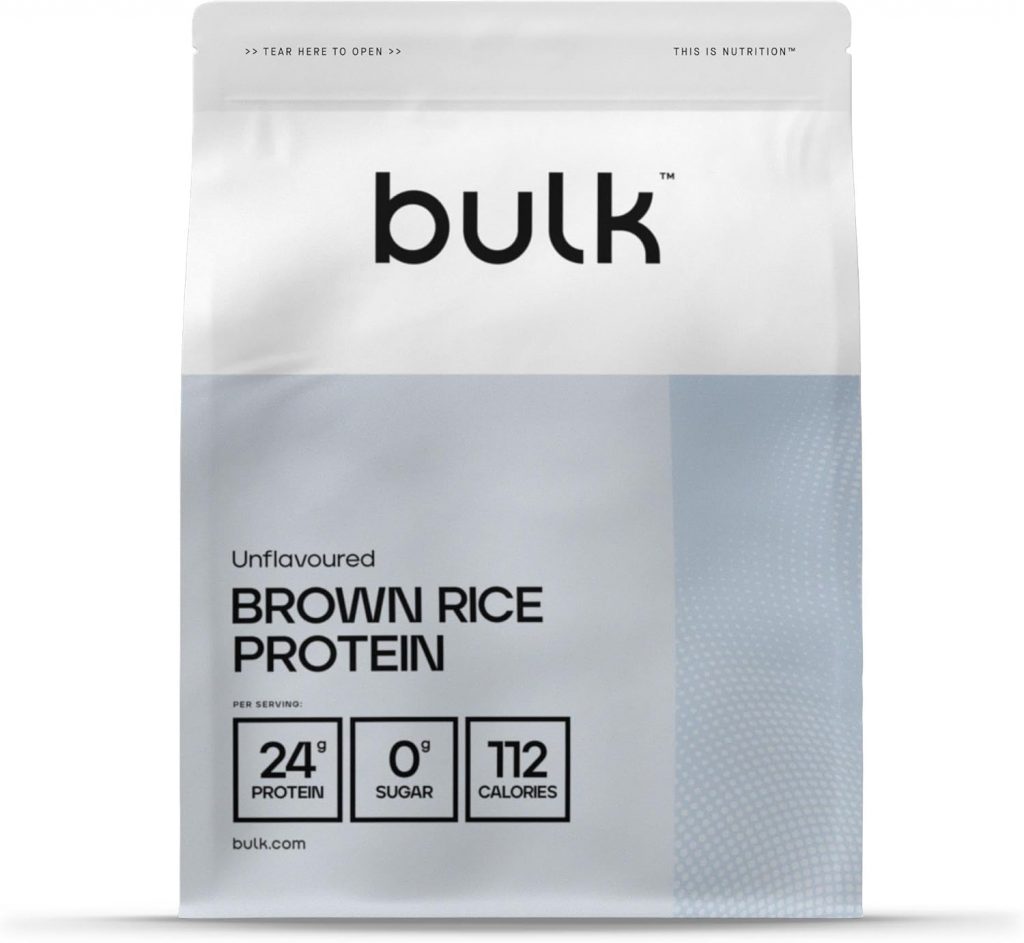
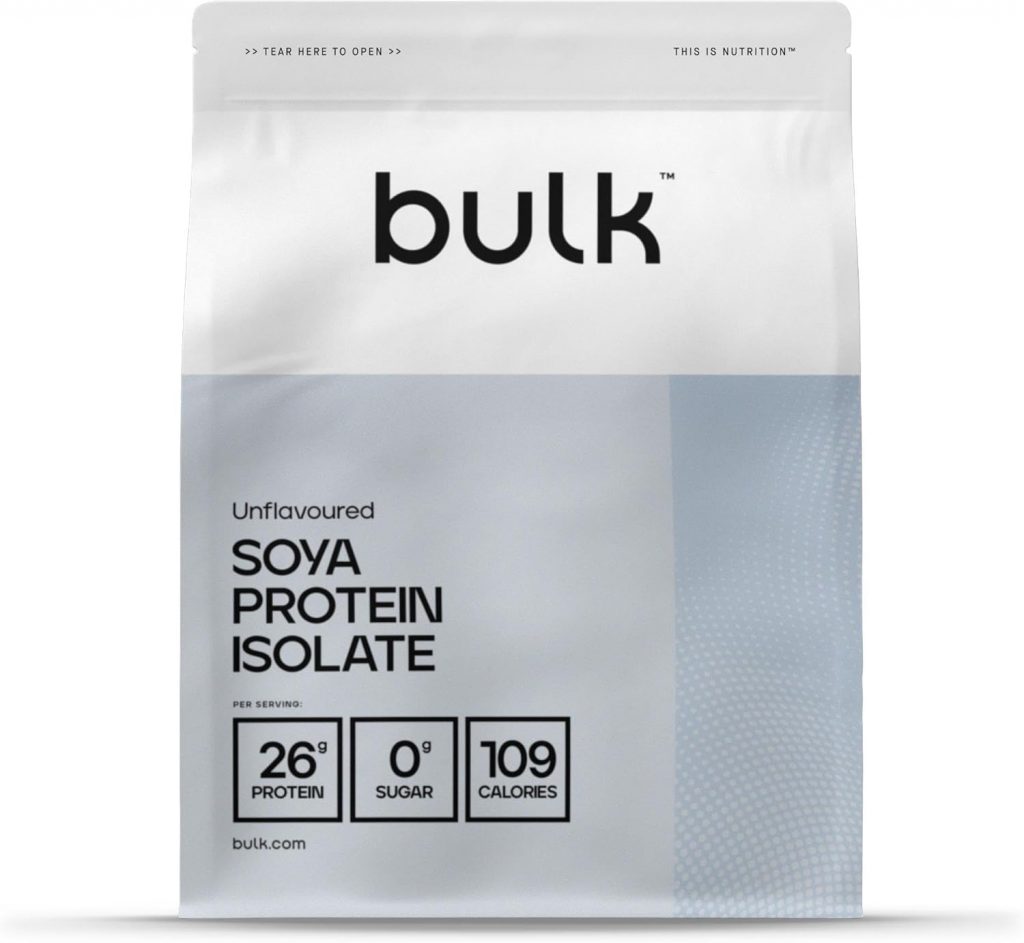
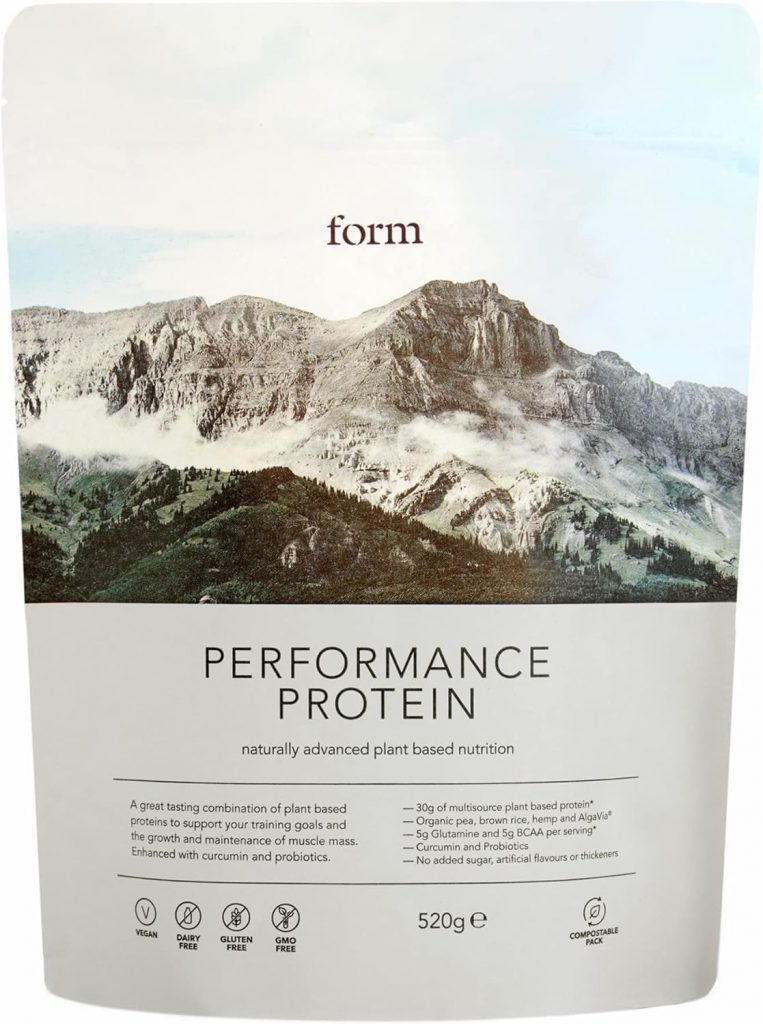
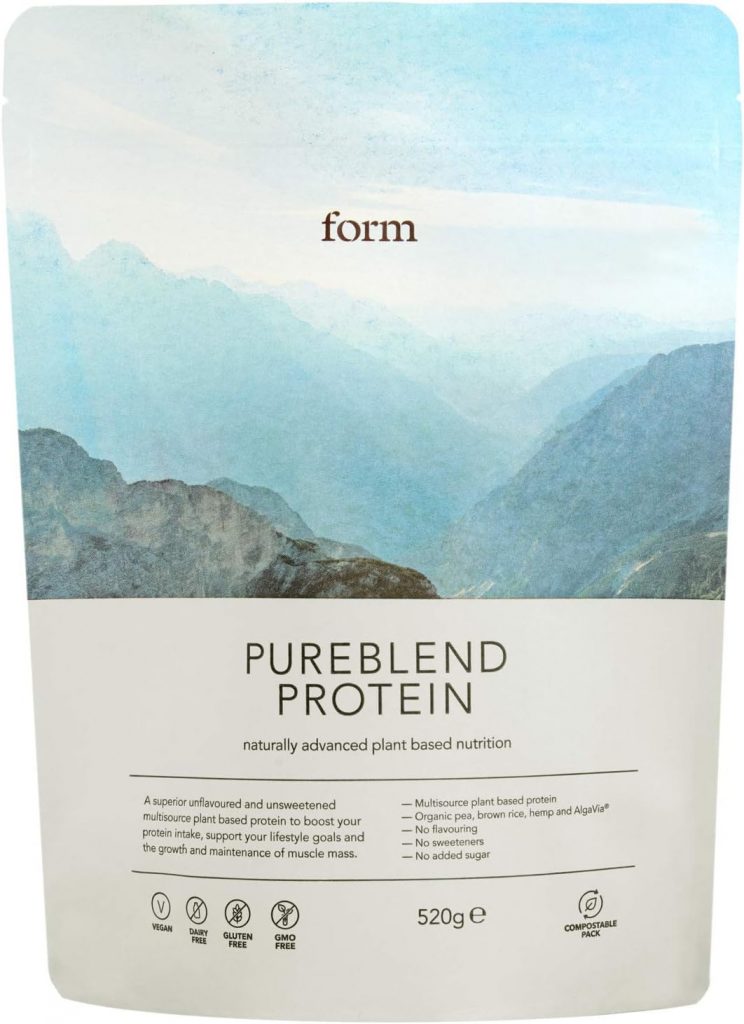
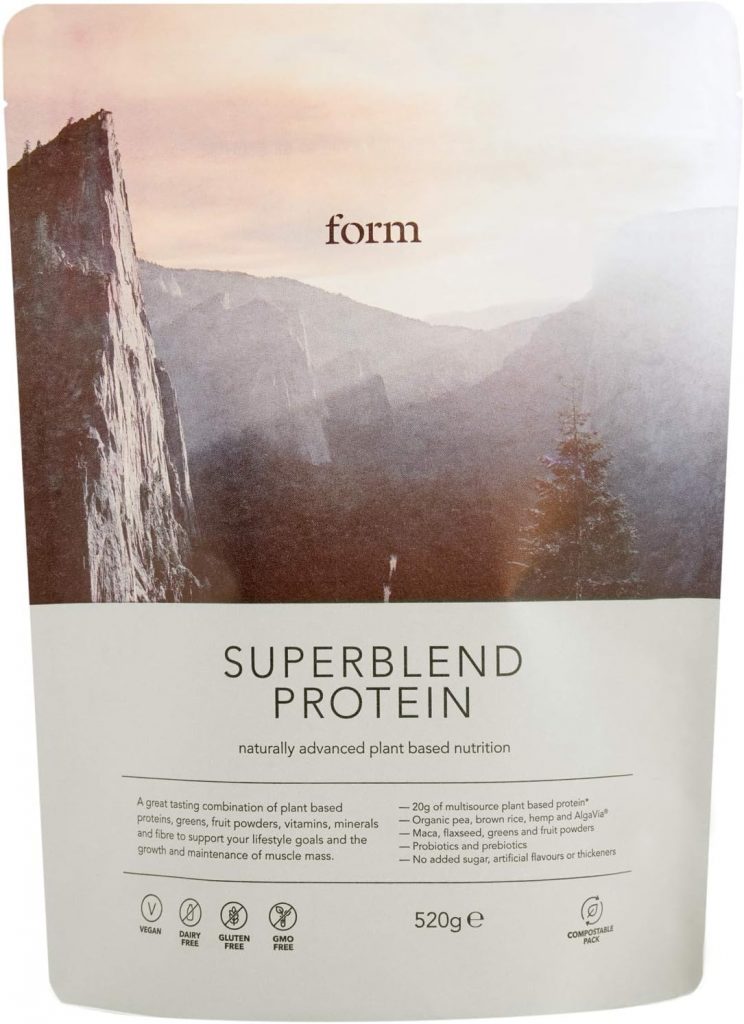
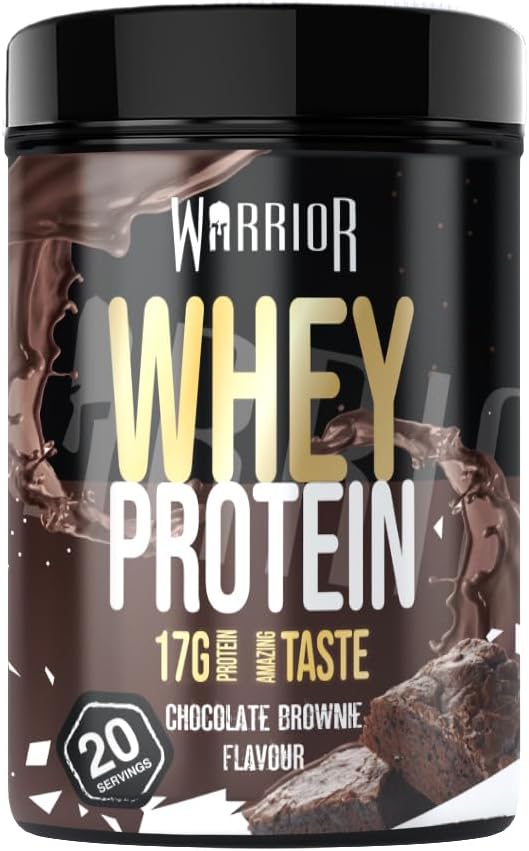
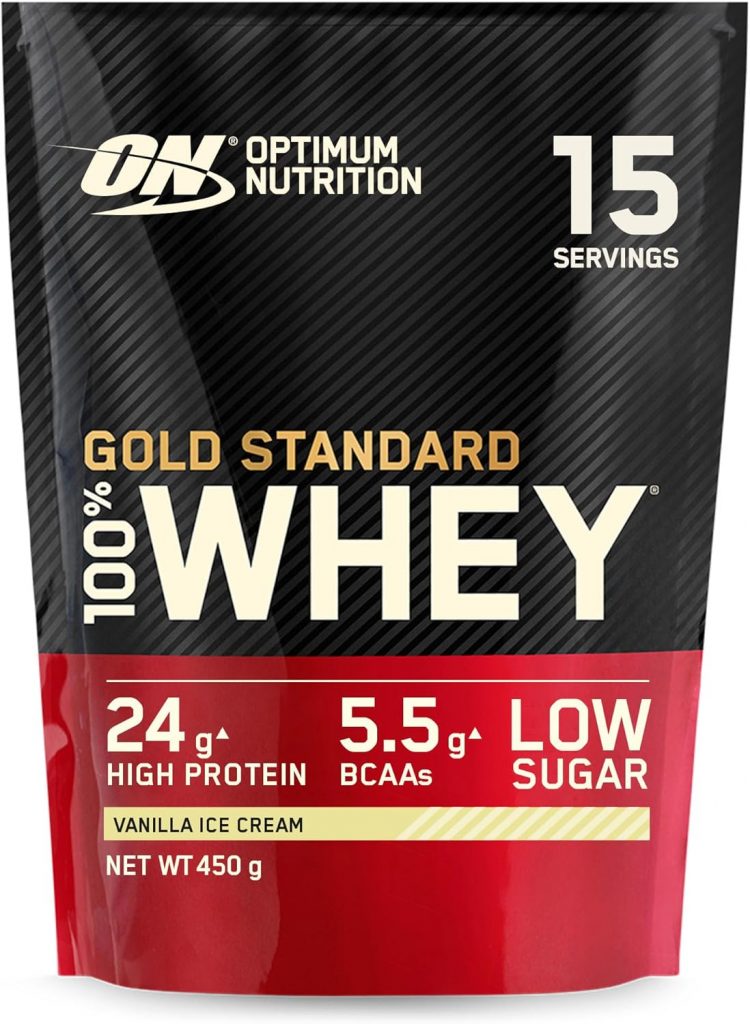
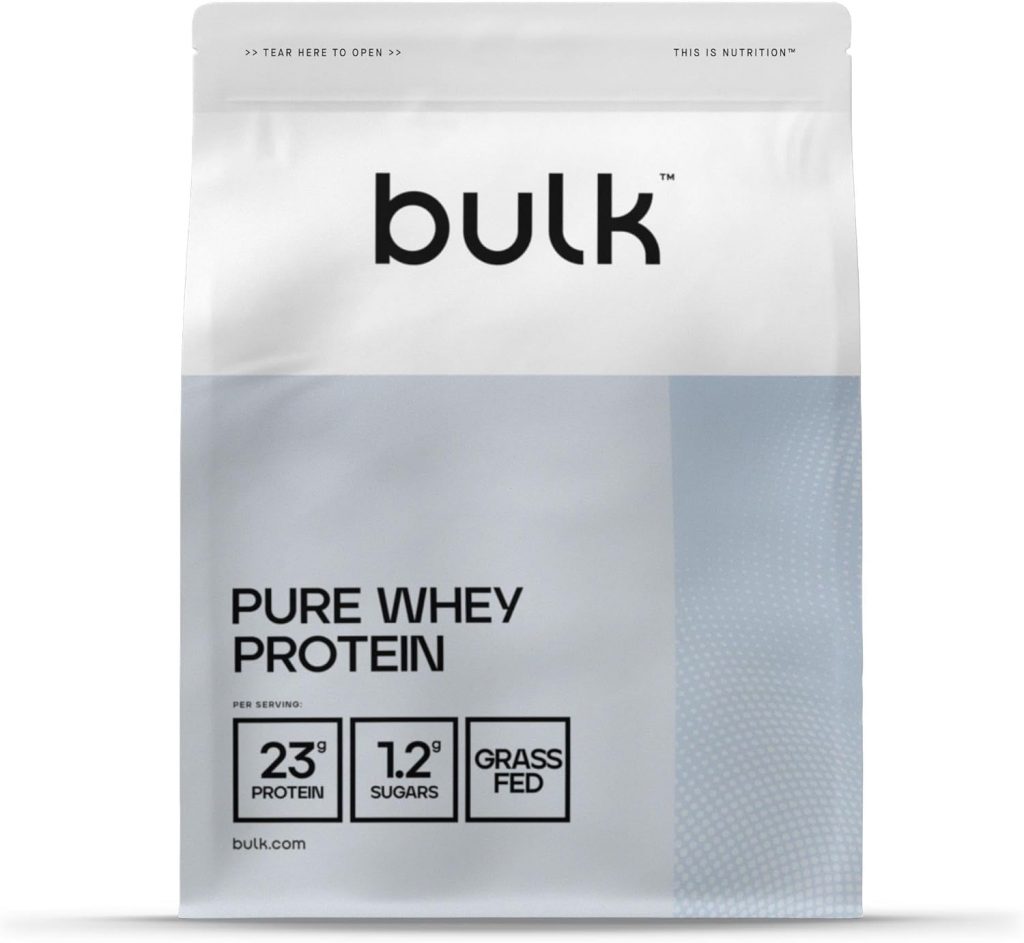
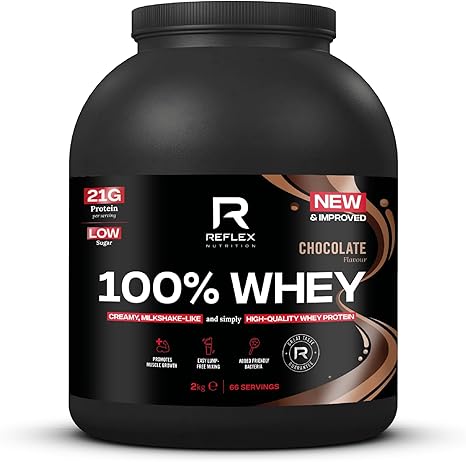
Perfect👍
Thank you